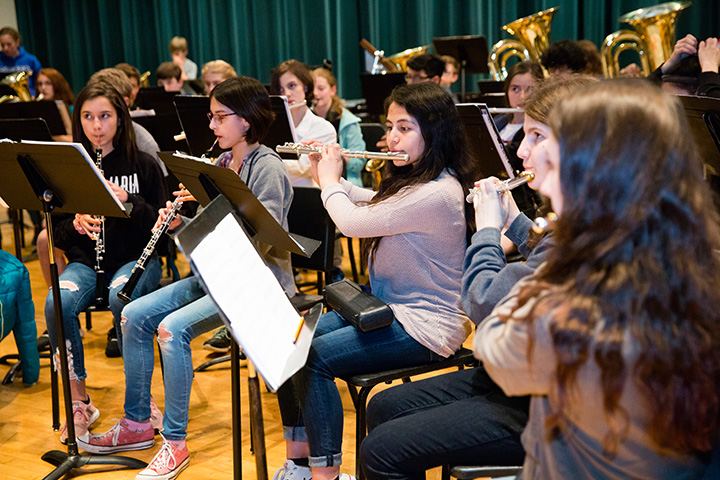
Jin Schofield (11) || Reporter and Editor
INTRODUCTION
Music — a subject taught late after school in dim light on the second floors of strip malls by private tutors, unjustly detached from public educational institutions, and their vast pool of funding. For most students, this is all they have ever known music education as. A subject neglected at school, yet still regarded important enough by parents to be studied after school, as a pricey supplement. Does music have to be taught this way? Of course not — it has been made to stay this way. Despite the possibilities for equitable learning, a combination of Ontario schools’ have decreased funding in music programs. Lower student enrolment in music programs has resulted in a 7% decrease in the number of music teachers in Ontario over the last decade. In the last two decades, there has been an approximate 20% drop in specialized music teachers. In addition, undergraduate students studying to become teachers, are only required to take one music credit, which is insufficient to effectively teach a technical, and specialized subject such as music (CBC 2018). As arts programs in Ontario are not prioritized, rural elementary schools are three times less likely to have a budget of $5 000 compared to their urban counterparts, with 27% of Ontario elementary schools having an arts budget of $500 or less (CBC 2017). Ultimately, it is clear that music is not deemed important enough to be prioritized at schools, yet parents are willing to pay hundreds, or thousands, of dollars on music lessons outside of schools. Which party is more correct in their actions? Should music be once again prioritized in public school systems, or should we allow budgets to continue to be cut, forcing parents to educate their children privately? Drawing on academic literature, I will examine prevailing evidence found in academic sources to solve this problem.







